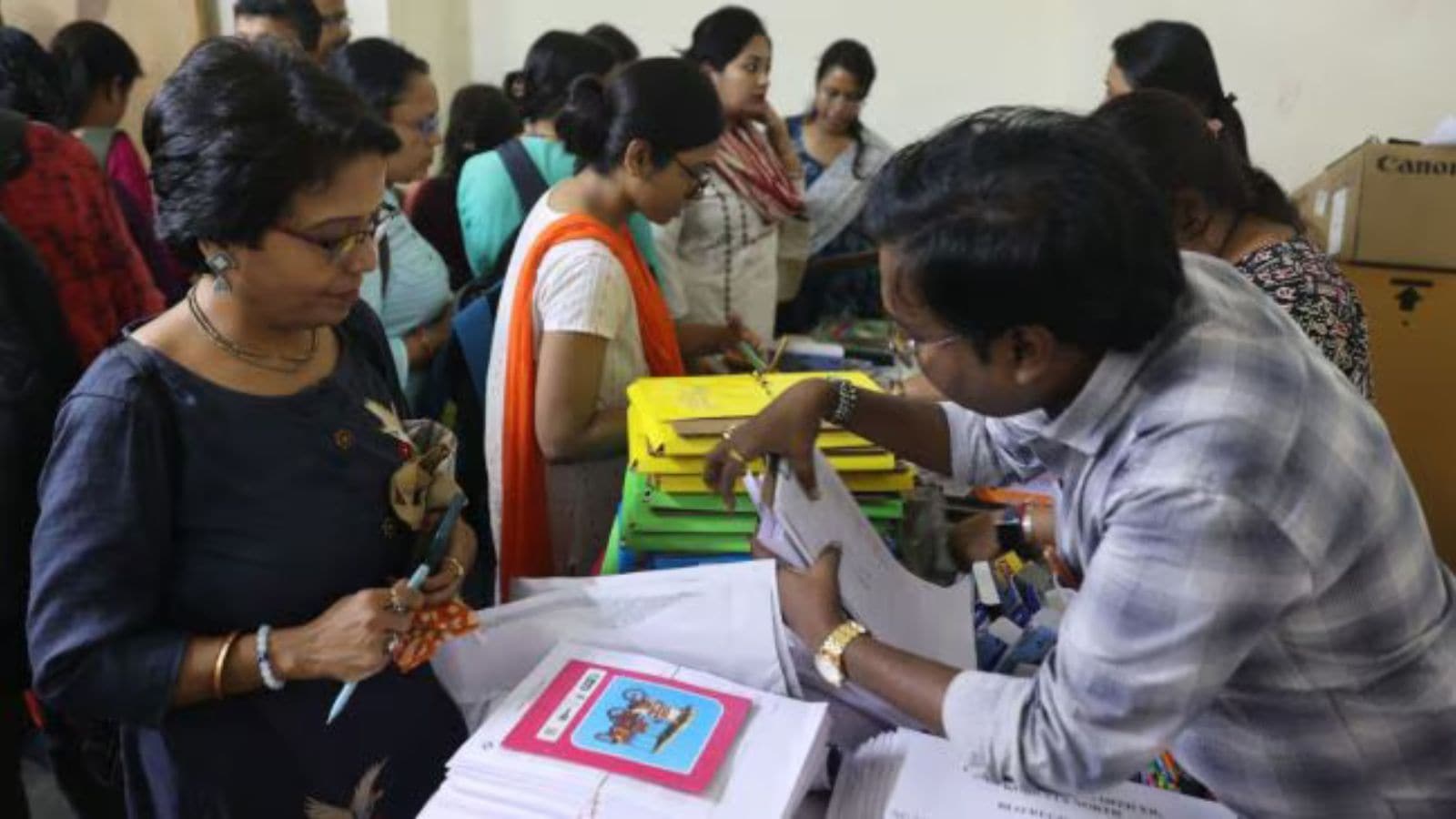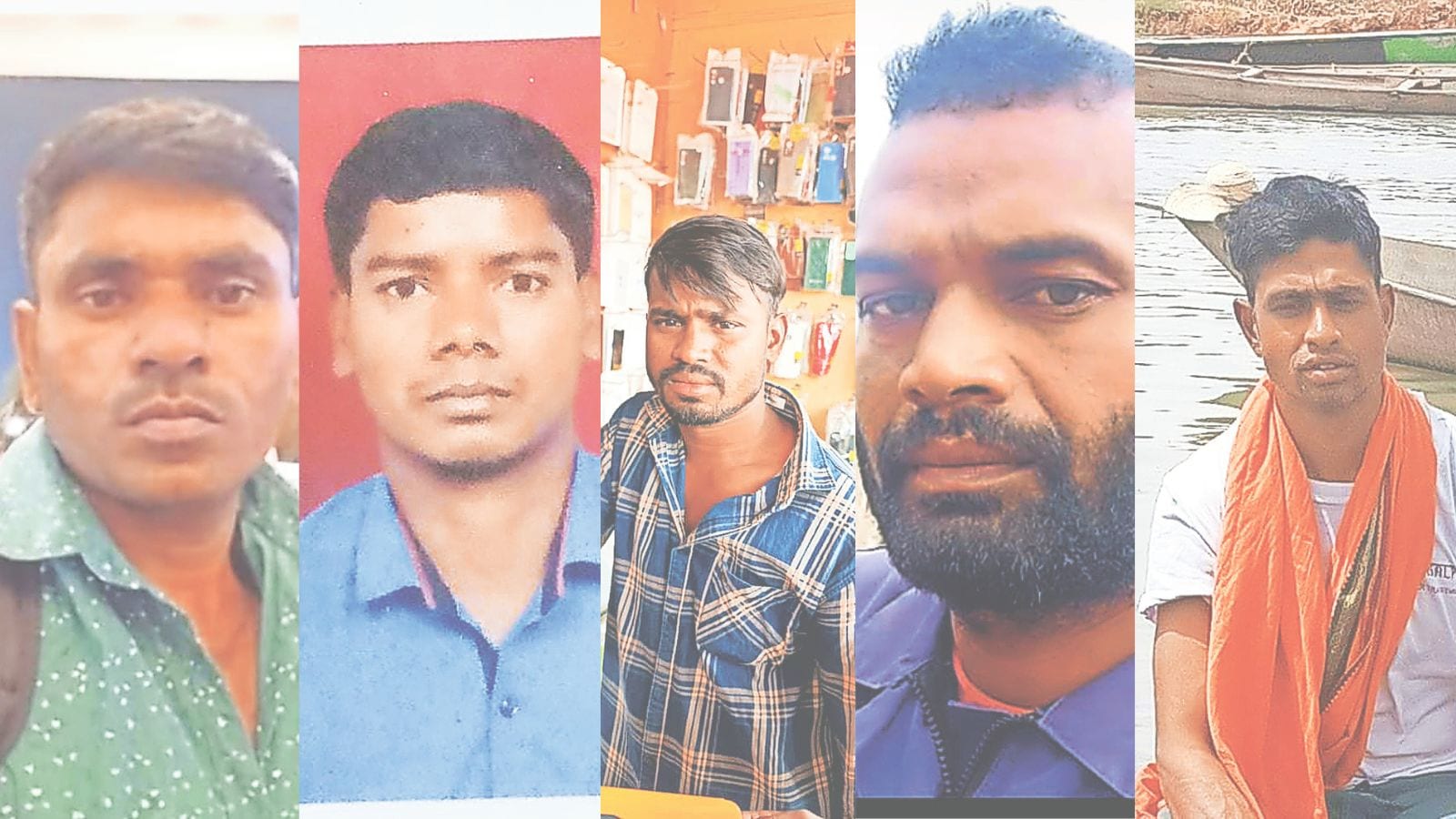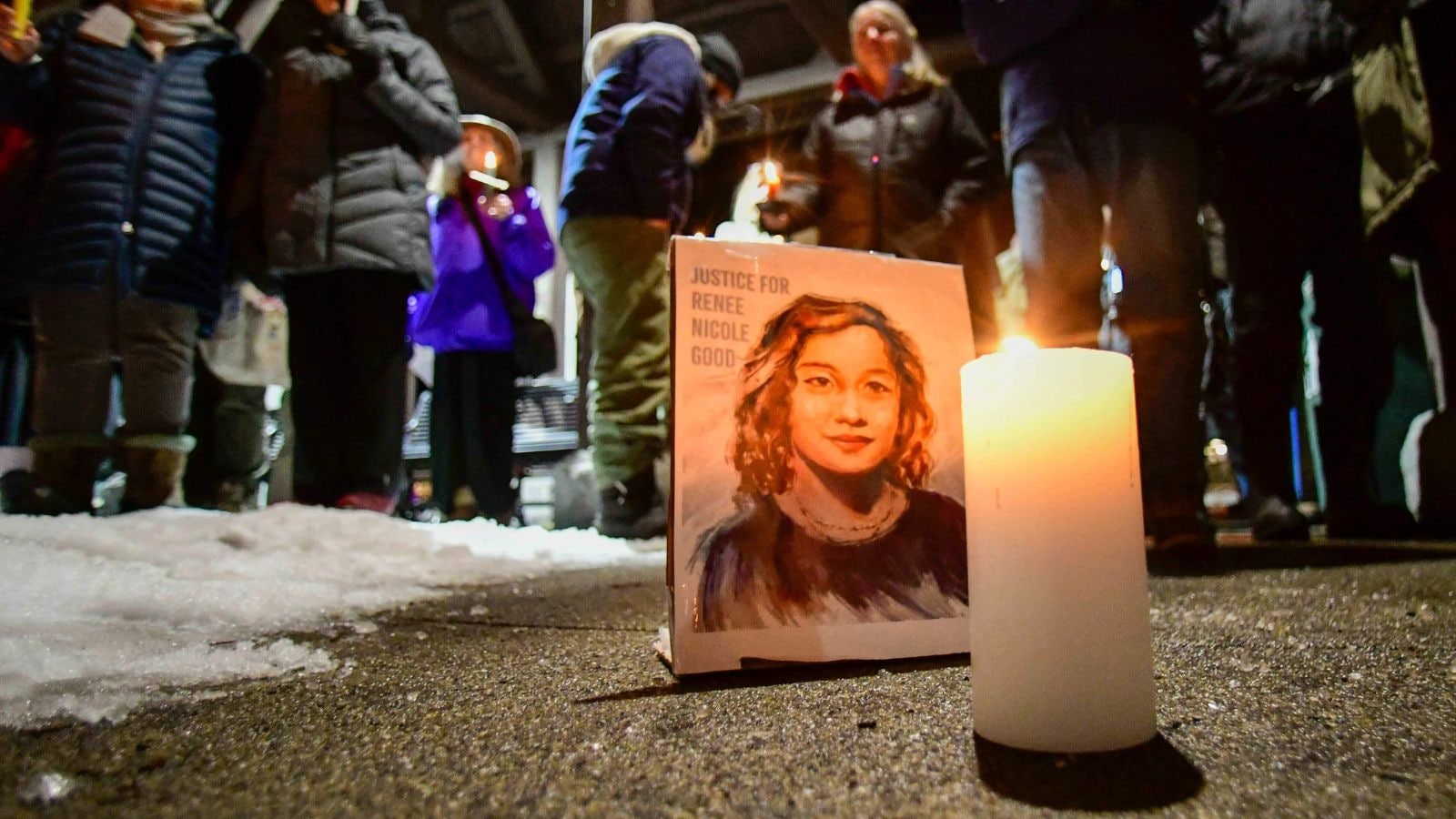
The Election Commission on Monday ordered a special revision of electoral rolls in Assam in which Booth Level Officers (BLOs) will carry out a house-to-house verification, as opposed to the Special Intensive Revision (SIR) ongoing in other states where all registered electors are required to submit enumeration forms to remain on the rolls.
The EC wrote to the Assam Chief Electoral Officer on Monday, ordering the special revision of electoral rolls with the qualifying date of January 1, 2026, which means anyone who is 18 years of age by that date can be enrolled. As per the schedule, the BLOs will carry out house-to-house verification from November 22 to December 20; the draft electoral roll would be published on December 27; claims and objections can be filed from December 27 to January 22, 2026; claims and objections will be disposed of by February 2, 2026; and the final roll would be published on February 10, 2026.
ARTICLE CONTINUES BELOW VIDEO
Welcoming the EC’s decision, Assam Chief Minister Himanta Biswa posted on X: “The Govt of Assam welcomes the Election Commission of India’s decision to undertake a Special Revision of the electoral rolls with 01.01.2026 as the qualifying date. This will help ensure clean, updated and accurate electoral rolls for all eligible citizens. Assam will extend full cooperation to the EC to complete the revision in a transparent and time-bound manner.”
On October 27, Chief Election Commissioner Gyanesh Kumar had announced the schedule for the SIR exercise in nine states and three Union Territories. Asked why Assam, where Assembly elections are due next year, had been left out of the exercise, he had said Assam had separate provisions for citizenship and the National Register of Citizens (NRC) was about to be completed, so the poll panel would order a revision for Assam separately.
As opposed to the SIR, Assam electors would not have to fill any forms. The BLO will visit houses and take down any corrections in the house number, the electors’ names, EPIC numbers, address and other details, if any.

On June 24, the EC had ordered an SIR of electoral rolls, starting with Bihar where Assembly polls were due in November.
For the rest of the states, the EC had said it would decide on the schedules later. After the Bihar SIR was completed on September 30, leading to a deletion of 6% of the electors, the EC issued the schedule for SIR in nine states — Chhattisgarh, Goa, Gujarat, Kerala, Madhya Pradesh, Rajasthan, Tamil Nadu, Uttar Pradesh and West Bengal — and three UTs — Puducherry, Andaman and Nicobar Islands and Lakshadweep.
Story continues below this ad
As opposed to the usual Special Summary Revision (SSR) that is carried out annually and before each election, the SIR involves preparing the rolls afresh, with all those added after the last intensive revision that was conducted about two decades ago having to submit additional proof of eligibility. The EC’s SIR order has been challenged in the Supreme Court and the Opposition has likened it to conducting a check of citizenship or NRC through the backdoor.







